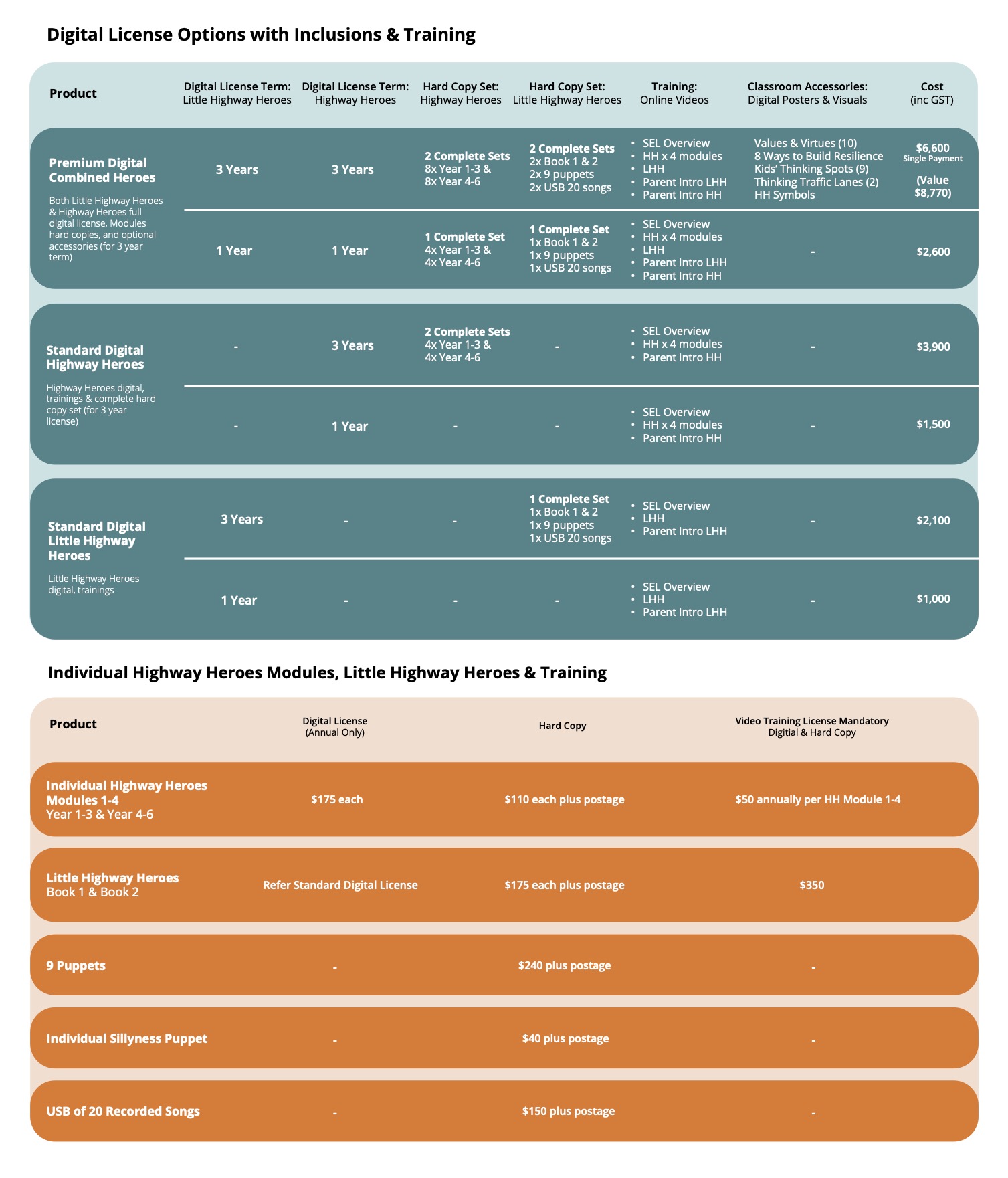The uniform’s in the cupboard, the new shoes are impossibly shiny and the school bag’s bursting with newly covered books. Uh huh, it’s back to school time. Excitement’s in the air – although perhaps not for everybody – as three sleeps becomes two and two becomes one…and then it’s tomorrow…
No more asking, “What’s on today?” The school term routine is about to get underway. A few ‘what if’ thoughts may also be hanging around: ‘What if I have a ‘shouty’ teacher?’; ‘What if there’s bullying?’ and ‘What if I can’t do the work?’
For most children there’ll be some passing jitters about the new term, year or class – but often it’s also mixed with a big dollop of excitement. Once the first week is behind them, however, it will be business as usual and most will be saying: “Holidays? Oh, they were ages ago – and anyway, there’s some more in a couple of months.”
Here are ten ways to make ‘going back’ as stress-free as possible and ensure that your little person does it positively:
- Mind yourself. Keep a check on your own anxiety levels – how often you’re reeling off the ‘to-do’ list: uniforms to organise, books to buy and cover, new lunch box. File that checklist internally and spare your children the tedium of hearing, ‘how much there is to do’ – parental fussing makes for a pressure-cooker atmosphere. Breathe slowly and deeply, walk slowly, tell yourself it’s do-able and tackle the list in chunks. You will get through it – like you do every year – and your child’s anxiety won’t be stirred up.
- Tell a story. Run through what the routine will be on the first day: describe what will be happening at home and then the steps for getting to school and walking into the classroom.
- Do a practice run. If it’s a new school or your child will be in a different section, do a trial visit during the holidays. Walk around exploring what links up with what: where the canteen/toilets are from the classroom and the after school pick up spot for buses, parents or childcare.
- Routine. Get back into term-time eating, sleeping and waking-up routines at least a week before the first day of term. Don’t be persuaded by ‘just one more late night/sleep in…pleeaase’ and stick to it. Bodies need time to adjust – especially little brains and little bodies.
- Menus: food and play. Help your child plan their recess snacks and lunch for the first week with you, and also research some new games they could play at lunch time.
- Bag ready to go. Help pack the school bag the night before and have lunch ready in the fridge to pop in the next morning. Having things organised means there’s less chance of a last-minute rush, forgetting something or needing to check if everything’s there. Avoid the panic.
- Normalise the jitters. If your child voices worry about any aspect of whether ‘it’ will be okay, do reflective listening – with plenty of empathy. For example, “It sounds like you’re feeling a bit worried about whether you’ll be okay. Everyone feels like that when they’re starting back at school or trying something new – it’s normal. Worry can be so bossy! I also used to feel scared at the beginning of term, but I know you’ll be fine and after school we can talk all about it.”
- Keep it simple. Avoid after school activities in the first week – especially for the five to seven year old child. There’s lots to take in between nine am to three pm – and that’s enough. Unstructured time without demands to concentrate, perform or even to get on with others, gives breathing space to settle in.
- Keep it short. Make your goodbye brief – either inside the classroom or at the door. If it looks like your child is becoming upset, try to link them up with the teacher, aide or another child. Then give a confident hug, reassure you’ll be seeing them after school, keep your voice and face happy – and leave. If your child remains unusually upset after you’ve gone, you’ll hear about it…and you can plan from there (which doesn’t usually mean changing any of the above). It’s usually more that everyone is on the same page about following this.
- Celebrate. Have a celebration that the first few days/week has been achieved. Make up a song or dance, craft a ‘trophy’ from household objects, co-write a short story and read/send it to grandparents, aunties, uncles or cousins.
If your child is one of the 20% of children whose anxiety can be more intense and for whom change and novelty are bumpy, assistance from the school psychologist, social worker or student services officer could be helpful. However, if this is not available and the anxiety continues beyond two weeks, talk to your family doctor who may recommend seeing a child mental health clinician.
Separation anxiety is common, and it does not mean that your parenting has been amiss or there’s something ‘wrong’ with your child. Anxiety is a normal, essential emotional experience but some children and adults are ‘hard-wired’ to experience it more intensely.
Learning skills to manage anxiety – both by the child themselves and the adults in their life – is achievable and sensible. You might be interested in reading even more about ‘Feelings, moods & all that stuff’ in our awesome Kids’ Guide and Parents’ Guide.



1 Comment. Leave new
Great content! Super high-quality! Keep it up! 🙂